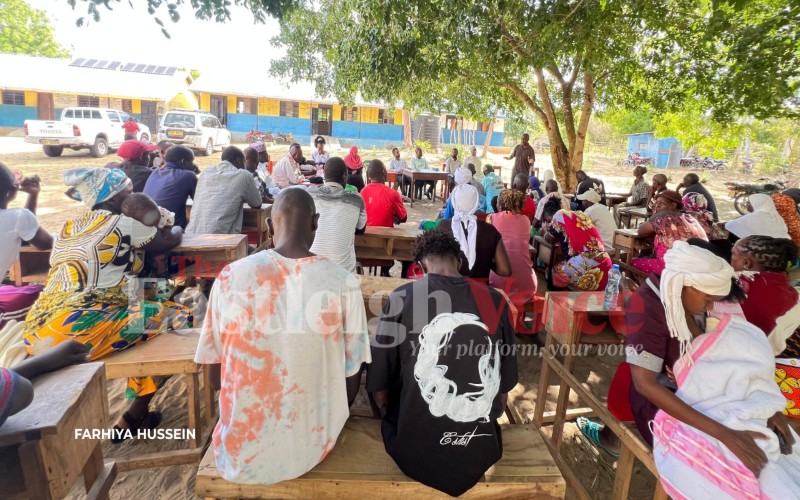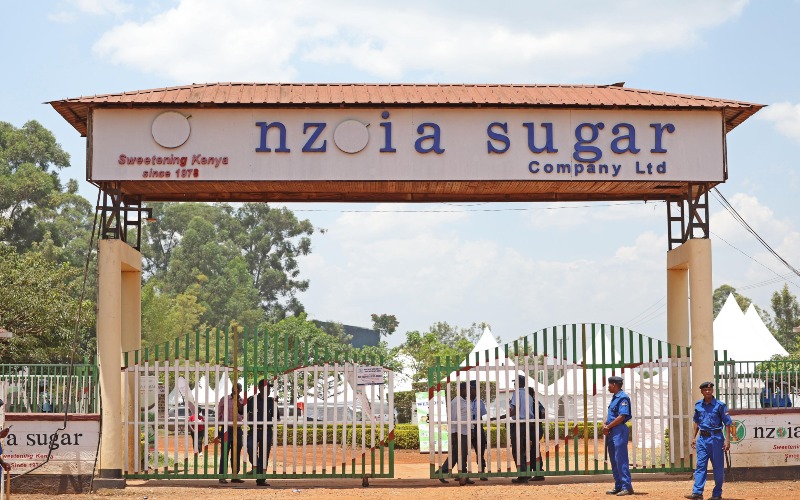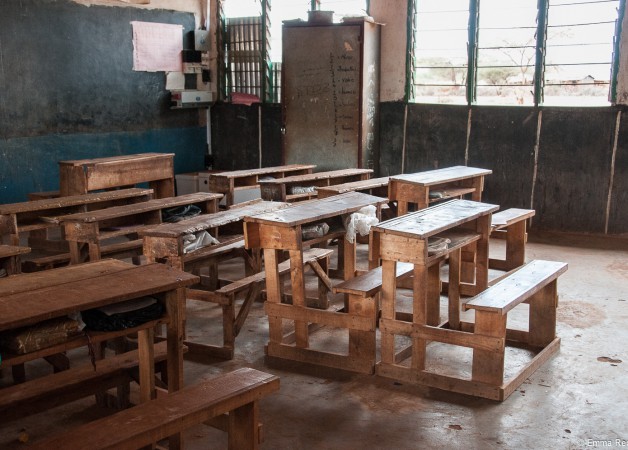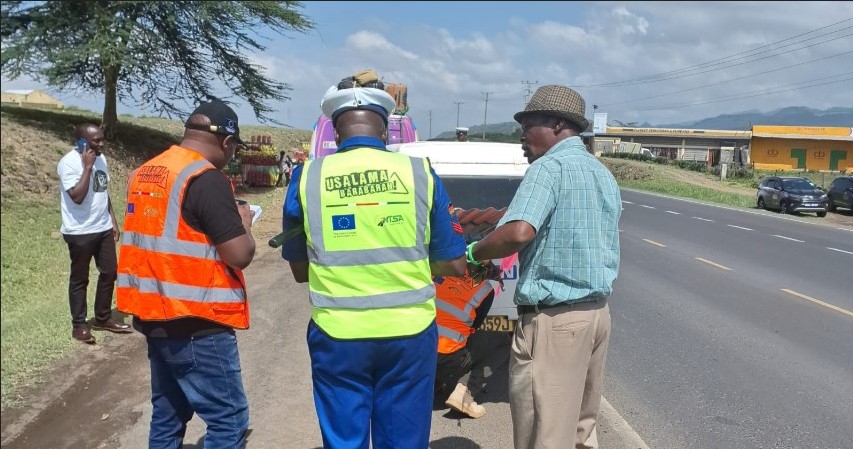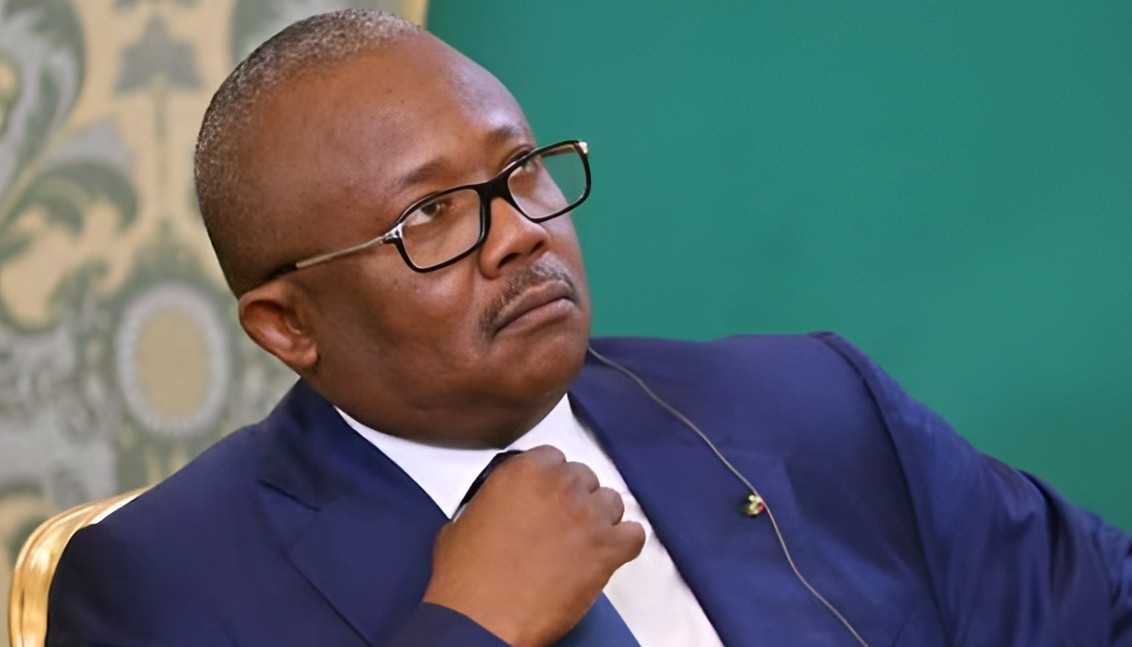Tuesday court verdict on President Ruto’s IEBC nominees could reshape Kenya’s electoral path
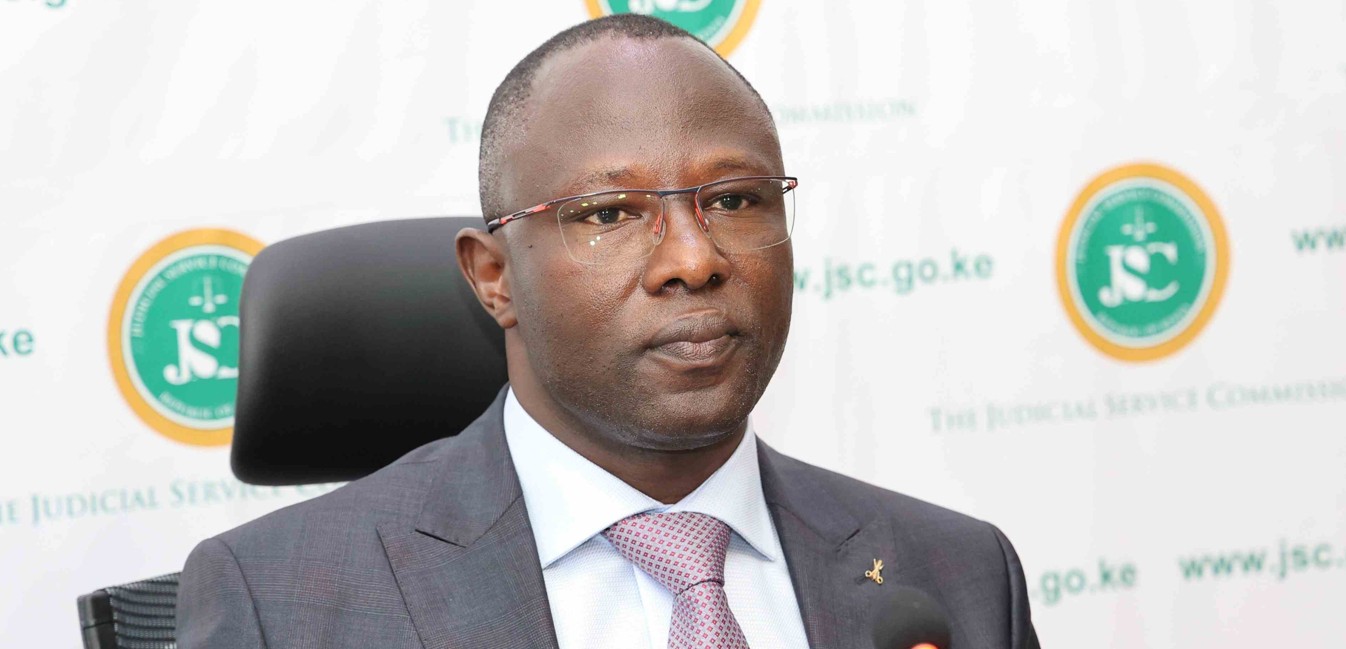
The ruling, scheduled for 11 am on July 8 at the Milimani High Court, will decide whether the stalled appointment process can move forward to the swearing-in or if a fresh recruitment exercise will be required.
President William Ruto’s seven nominees to the Independent Electoral and Boundaries Commission (IEBC) face mounting scrutiny as the High Court prepares to issue a critical ruling that could either allow their swearing-in or force a fresh recruitment process, just two years before the 2027 elections.
The ruling, set for 11 am on July 8 at the Milimani High Court, will determine whether the stalled appointment process can proceed to the swearing-in stage or whether a fresh recruitment must be undertaken.
More To Read
- Why voter registration in by‑election zones will resume after 28 days
- IEBC gazettes Mbeere North’s MP-elect Wamuthende and other by-election winners
- Ruto and Oburu strengthen UDA-ODM alliance after by-election win
- IEBC urges media to report factually amid election scrutiny
- Ruto unveils Sh400 billion mega dam plan to turn North and Coast regions into Kenya's new food basket
- Ruto says 15,000 jobs on the horizon following launch of landmark highway expansion
The appointees include Erastus Edung Ethekon (chairperson), Hassan Noor Hassan, Mary Karen Sorobit, Anne Nderitu, Moses Mukwana, Francis Odhiambo, and Fahima Araphat Abdallah.
The legal challenge was filed on May 15, 2025, by activist Kevin Roy Omondi and human rights defender Boniface Mwangi, with the court later identifying six key constitutional and procedural questions that now form the basis of the case.
A three-judge bench comprising Justices Roslyne Aburili, John Chigiti, and Bahati Mwamuye will determine whether the selection of the seven individuals met constitutional thresholds and whether President Ruto and the Selection Panel acted within the law.
Ethnic diversity and inclusivity
One of the central questions before the court is whether the nominations upheld the principle of regional and ethnic diversity and inclusivity for persons with disabilities, as required by the Constitution.
The petitioners argue that the process failed this test, particularly because two nominees, Ethekon and Sorobit, are both from the Rift Valley, while the Upper and Lower Eastern regions are entirely unrepresented.
“The nomination of the Chairperson and Commissioner from Rift Valley is contrary to the Constitution of Kenya, 2010. The Constitution did not anticipate that the composition of the Independent Electoral and Boundaries Commission (IEBC) would be dominated by a majority of persons from the same region while excluding other regions of the Republic of Kenya, such as the entire Upper Eastern and Lower Eastern Regions,” the petitioners stated.
However, the nominees have dismissed these claims, arguing that they come from diverse ethnic and regional backgrounds and that the selection panel conducted the process fairly and transparently, including persons living with disabilities.
The second question is whether President Ruto was constitutionally bound to consult opposition parties during the reconstitution of the IEBC, in line with the recommendations of the National Dialogue Committee (Nadco).
“The President did not engage or consult the minority/majority political parties at the National Assembly prior to making the selection as per the National Dialogue Committee recommendations adopted by the National Assembly,” the petitioners told the court.
The third issue challenges the eligibility of Sorobit and Noor. The petitioners argue that both violated Article 88(2) of the Constitution, which bars persons who have recently held political office or led political parties from serving as IEBC commissioners.
Sorobit is said to have served as executive director and a county chairperson of the Jubilee Party within the past five years, while Noor is alleged to have vied for the Mandera governor seat in 2022.
“Sorobit served as a county chairperson of the Jubilee before the 2022 elections, and her short-listing contravened the express provisions of Article 88(2)(a) of the Constitution,” the petitioners said.
“Noor was ineligible to apply or be selected as an IEBC commissioner as he vied for the Mandera County governorship in 2022.”
Potential bias
The fourth issue concerns potential bias due to alleged political ties. The petitioners question the impartiality of Ethekon because of his past working relationship with State House Deputy Chief of Staff Josphat Nanok, under whom he served as County Attorney in Turkana.
“The nomination is tainted with fears he may not be impartial and may lack the neutrality required of a chairperson of IEBC,” court papers read.
Ethekon rejected the claims, saying, “The allegations of political affiliation with the State House Deputy Chief of Staff Josphat Nanok are tenuous at best.”
He urged the court to focus on his qualifications and competence, citing over 20 years of legal experience. His legal team described him as “an eminently qualified person.”
Interview results
The fifth issue raised by the petitioners is the alleged failure by the President and the selection panel, chaired by Dr Nelson Makanda, to disclose the interview results and the rationale behind the final appointments.
Lawyer Paul Muite, representing the petitioners, said the public was entitled to know why Ethekon was preferred over Edward Katama Ngeywa, a 49-year-old candidate living with a disability, who had also been proposed for the chairperson position.
“The selection panel’s report and outcome of the interviews constituted important information to be shared with the public. It was unconstitutional for the President and the Selection Panel to fail to publicise the information relating to the performance of the candidates and the report on the interviews,” Muite told the court.
He added that formal requests for the interview reports were made but went unanswered.
The final issue concerns the addition of Hassan Noor to the shortlist through an addendum, which the petitioners argue was irregular and undermined the integrity of the recruitment process.
The court is expected to determine whether this last-minute inclusion was legal and if it compromised the transparency and fairness of the entire selection.
The outcome of Tuesday’s ruling will be critical in determining whether the current IEBC reconstitution stands or if the process must start anew, potentially delaying electoral preparations for the 2027 General Election.
Top Stories Today
